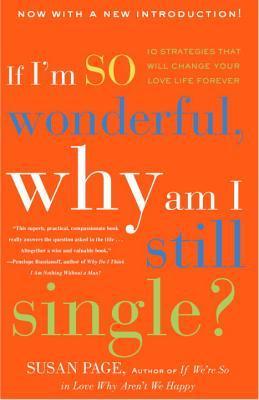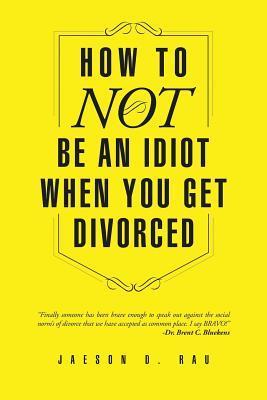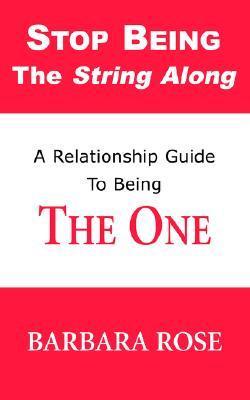
It's Called a Breakup Because It's Broken: The Smart Girl's Break-Up Buddy
Book Description
Heartbreak can feel like an endless storm, but what if you had a roadmap to brighter days? "It's Called a Breakup Because It's Broken" offers a candid, humorous, and empowering take on the jagged edges of love gone wrong. With incisive advice and relatable anecdotes, this beacon of wisdom transforms the heartbreak battlefield into a journey of self-discovery. The smart girl’s ultimate break-up buddy reveals the truths and tactics needed to overcome despair and emerge stronger. Ready to redefine your narrative and embrace new beginnings? What will you discover when you let go of what’s broken?
Quick Book Summary
"It's Called a Breakup Because It's Broken" by Greg Behrendt is an honest, witty, and compassionate self-help guide tailored for women facing the aftermath of a breakup. Blending laugh-out-loud humor with practical strategies, the book serves as a supportive companion through the emotional turbulence of heartache. Behrendt, along with co-author Amiira Ruotola-Behrendt, debunks common breakup myths and challenges readers to reclaim their self-worth. By providing actionable advice for letting go of toxic relationships, managing post-breakup pain, and reshaping one’s life, the book transforms heartbreak into an opportunity for personal growth. Encouraging readers to embrace singlehood, rediscover themselves, and prepare for a healthier future, this guide emphasizes that closure comes not from perfection or reconciliation, but from accepting the end and moving forward with optimism.
Summary of Key Ideas
Table of Contents
Accepting the Reality of Breakups
The core message of the book is the importance of accepting that a breakup signals the true end of a relationship and not a temporary pause. With a candid, no-excuses approach, Behrendt urges readers to stop clinging to broken partnerships or waiting for reconciliation. Instead, he encourages honest reflection and acceptance, making it clear that a breakup is proof that the relationship wasn’t working. The authors demolish common illusions that keep people emotionally tethered and instill confidence to make clean breaks, stressing that healing starts with accepting what is, rather than longing for what was.
Letting Go and Moving Forward
Navigating the emotional turmoil after a breakup can be overwhelming, but the book offers practical advice to regain control. Behrendt advocates creating space from the ex—no calls, messages, or chance encounters—allowing wounds to heal without interference. The authors provide actionable steps for resisting the urge to stalk social media, seek closure, or wallow in "what ifs." Instead, they champion short-term routines that help distract from pain and support healthier long-term habits. Through a mix of tough love and empathy, readers are shown how to channel energy into meaningful activities and avoid self-sabotage.
Rebuilding Self-Worth and Confidence
Rebuilding self-worth and confidence takes center stage as the narrative progresses. Behrendt and Ruotola-Behrendt encourage readers to focus on personal interests, hobbies, and friendships neglected during the relationship. They introduce rituals for boosting self-esteem, such as self-care routines and setting new personal goals. The emphasis is on rediscovering individuality and self-reliance. Advice ranges from treating oneself to small joys to using affirmations and humor to combat negative self-talk. This guided journey helps individuals reclaim their identity outside the context of their past relationship.
Strategies for Emotional Recovery
Emotional recovery involves more than just time—it takes active effort and self-compassion. The book recognizes feelings of grief, anger, and sadness as natural, offering comforting anecdotes and shared experiences from others who have triumphed over breakups. Journaling, therapy, and support from friends and loved ones are highlighted as effective outlets. The authors’ voice remains upbeat, laced with humor and relatability, validating readers’ emotions while gently steering them away from self-pity. This collective wisdom assures readers they are not alone or abnormal in their pain, making the healing process more approachable.
Embracing New Beginnings
The ultimate goal of the book is to inspire hope for the future. It encourages viewing singlehood as a time for renewal, freedom, and growth rather than loneliness. By letting go of the past, readers can chart new paths filled with possibility and healthier relationships. The book concludes with a call to embrace new experiences, trust in one’s resilience, and believe in the promise that what lies ahead can be infinitely better than what’s been left behind. Breakups, Behrendt argues, are not endings but beginnings in disguise.
Download This Summary
Get a free PDF of this summary instantly — no email required.





